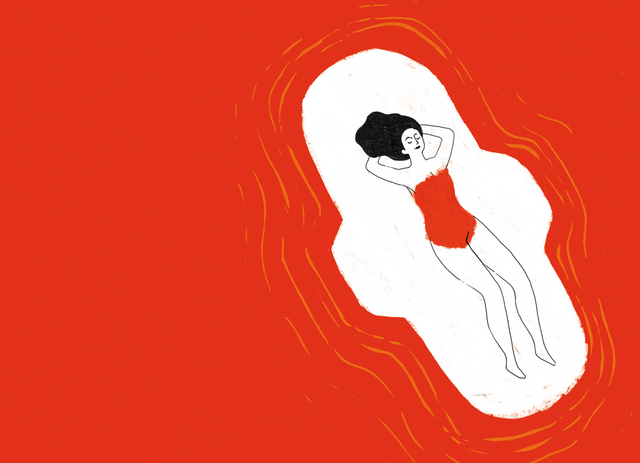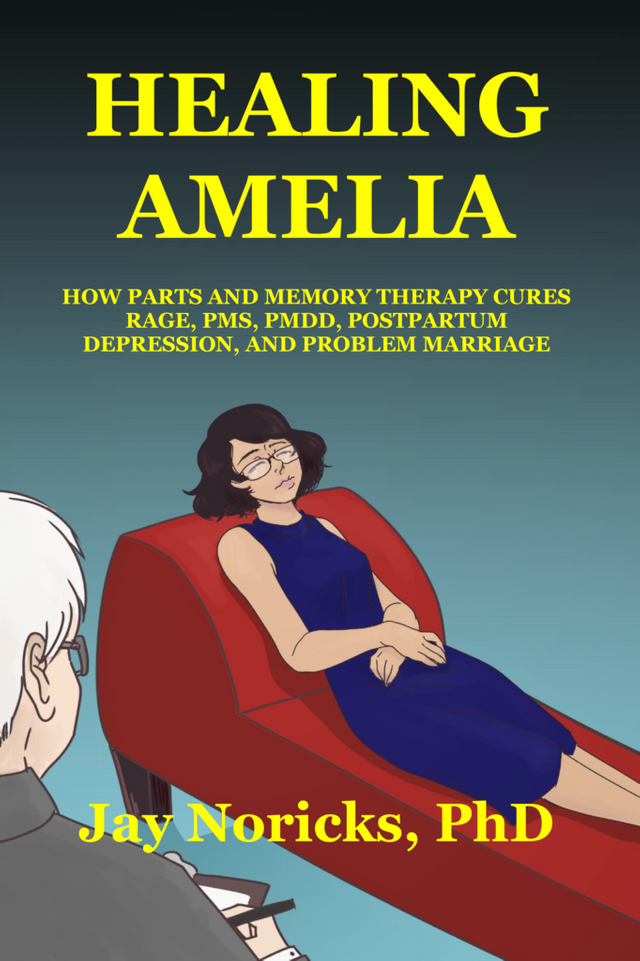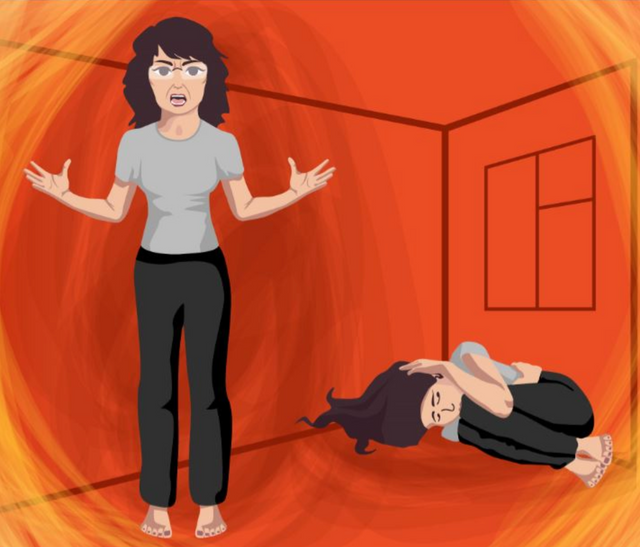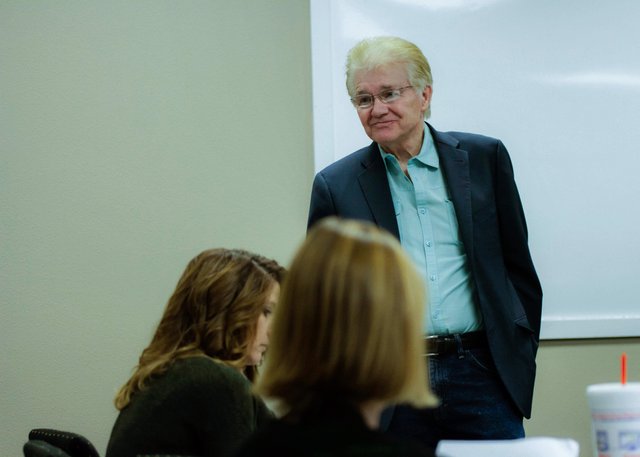A Solution for PMS/PMDD? Psychologists say it's possible
One of the most natural things most women do not look forward to is childbirth and menstruation. Although related, PMS, unlike childbirth isn’t a phenomenon that can be chosen.
Typically, a woman can choose not to have children but periods are expected as with puberty, adolescence and all other things that come naturally.
PMS [Pre-Menstrual Syndrome] is expected, and the symptoms which include agonizing cramps aches all around the body and a swinging mood all come with the territory.
And it is easy to prepare for this with hot water, ibuprofen and anything else that is specific to your personality.
Things get a little out of hand when these expected symptoms become crippling. This is where PMDD(Premenstrual Dysphoric Disorder) comes in, the reality of PMDD dawns when it becomes debilitating and excessively serious and to date, it doesn’t have a cure.
It might seem surprising, but according to research, about 3 to 8 percent of women going through PMS are actually experiencing a case of PMDD, making it very difficult or downright impossible for them to function at work or in other areas of life.
However, the big question isn’t about PMDD’s existence; it is more about its cure or in some cases, alleviation.
Psychotherapy is one of the most effective means of bringing lasting relief to women suffering from PMDD, in fact, a form of Psychotherapy that focuses on Parts and Memory therapy has been found to heal women within five sessions and has greatly reduced the severity of PMS to near insignificance.
Backed by research and tests, Parts and Memory Therapy involves delving deep into the human psyche and tackling painful memories suffered in the woman's life history.
This therapy will neutralize the negative emotional energy tied to such traumatic or toxic memories.
It is immensely important to place self-care above all other things, and the best decision is to seek professional psychotherapy help if you ever find yourself in this situation.
The future is here; the future is now. No longer do we have to deem it normal to adjust to monthly discomfort and pain. We can do more, and we can be more.



